KHUSHWANT SINGH was my father. One of the best-known writers of the post-Partition generation (Train to Pakistan, A History of the Sikhs, Delhi, a Novel), he was also an editor (Illustrated Weekly of India), and the most widely read Indian columnist.
His weekly column, With Malice Towards One and All, came out unerringly in different languages for half a century and made him a household name. The Illustrated Weekly reached stratospheric levels, with a then unheard-of circulation of 450,000 a week under his editorship.
But it is his close connection with Pakistan that I shall write about. He was born in the village of Hadali in today’s Pakistan, 280 km from Lahore. After graduating from Delhi’s prestigious St Stephen’s College, he did his bar-at-law from King’s College, London University.
When communal riots broke out in Lahore just before Partition, he was a practising lawyer. Thinking the trouble would soon be over, he bundled my infant sister, my mother and me into a car and sent us to stay with his father in Delhi. We never returned.
The Partition of the subcontinent took place, amid an unprecedented bloodbath, in which Hindus, Muslims and Sikhs butchered each other.
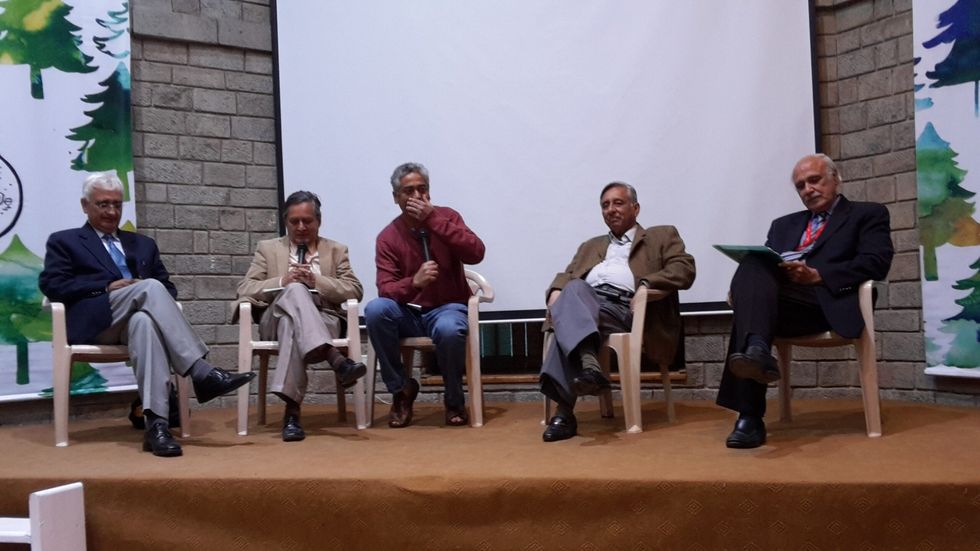
My father’s closest friend was Manzur Qadir, also a lawyer (he would go on to become Pakistan’s foreign minister under president Ayub Khan) who occupied his Lahore house, to prevent it from being looted by the rioters. This bond of friendship continued, symbolising my father’s wish for closer India-Pakistan ties and more people-to-people contact, despite the bitterness of Partition.
This was part of the inspiration behind us starting the Khushwant Singh Literary Festival (KSLF) in Kasauli, a small military cantonment town in the Himalayas, where there is a family home and where my father did much of his writing.
In 2012, while my father was still alive (he died two years later), with the encouragement of the then Brigade Commander Anant Narayanan (he went on to become lieutenant general) we started the KSLF.
It was the only – and remains so – lit fest named after a personality, dedicated to the values, concerns and passions of Khushwant Singh. Among them were his concern for the preservation of the pristine Himalayan environment around Kasauli, promoting the education of the girl child, the importance of humour in Indian life and maintaining a secular outlook.
But prominent among them was his desire to bring India and Pakistan closer together. To further that, we invited leading writers and intellectuals from Pakistan to Kasauli.
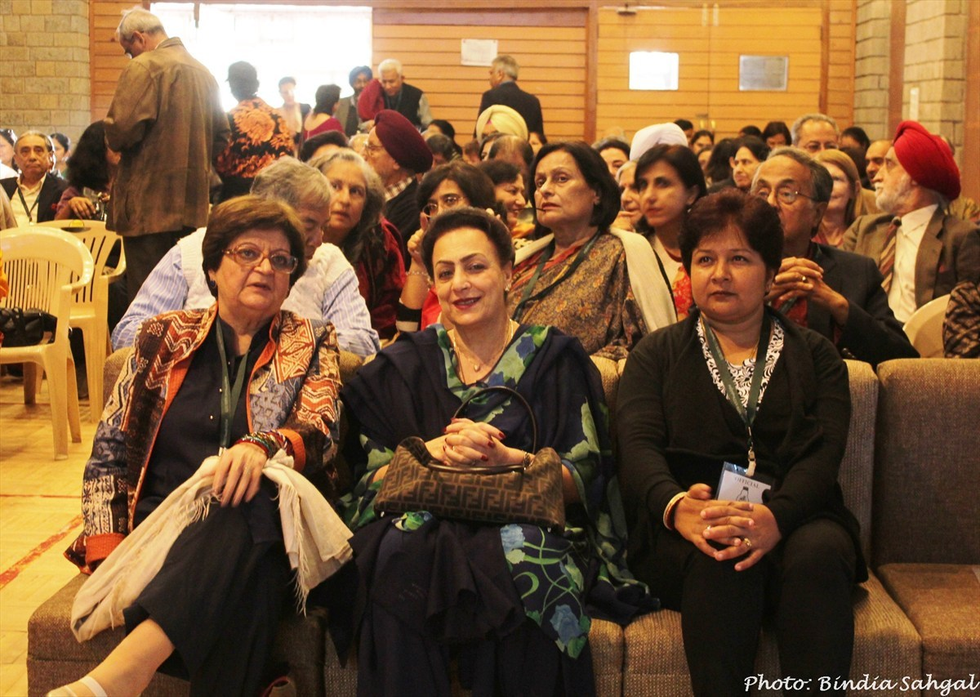
They included writer, politician and lawyer Aitiaz Ahsan, Salima Hashmi (daughter of famed poet Faiz Ahmed Faiz), art historian Fakir Syed Aijazuddin and his wife Shahnaz, columnists Asif Noorani and Jugnu Mohsin, Poonam Ayub and Madeeha Gauhar.
They were transported by car from the India-Pakistan Wagah border through Punjab to the Himalayas in Himachal Pradesh, a journey they found moving and unforgettable. Their sessions at the KSLF were packed, much of the audience consisting of young Indian military officers. The Pakistani writers returned to their country, as ambassadors for India, more appreciative of the Indian point of view, while the Indian audience, got a better understanding of how Pakistanis felt about India on several issues. This was true, people-to-people contact at its very best.
I would like to think that in a small way the KSLF was promoting closer ties between the two countries.
At another level, I recall a decade earlier, an Indian cricket team went to Pakistan to play a series of one-day matches. Islamabad relaxed its visa rules, and thousands of Indians crossed the border to Pakistan to watch the matches. I was one of them – at Lahore’s Gaddafi Stadium. The Pakistani taxi driver refused to take the fare from me, after realising I was Indian. At the packed Gaddafi stadium, unbelievably, many of the Pakistanis cheered for the Indian team. The spectacle reduced me to tears.
Here was a new generation, I felt, uncluttered by the baggage of the past, ready to begin a fresh chapter with their Indian counterparts. Sadly, it was not to be.
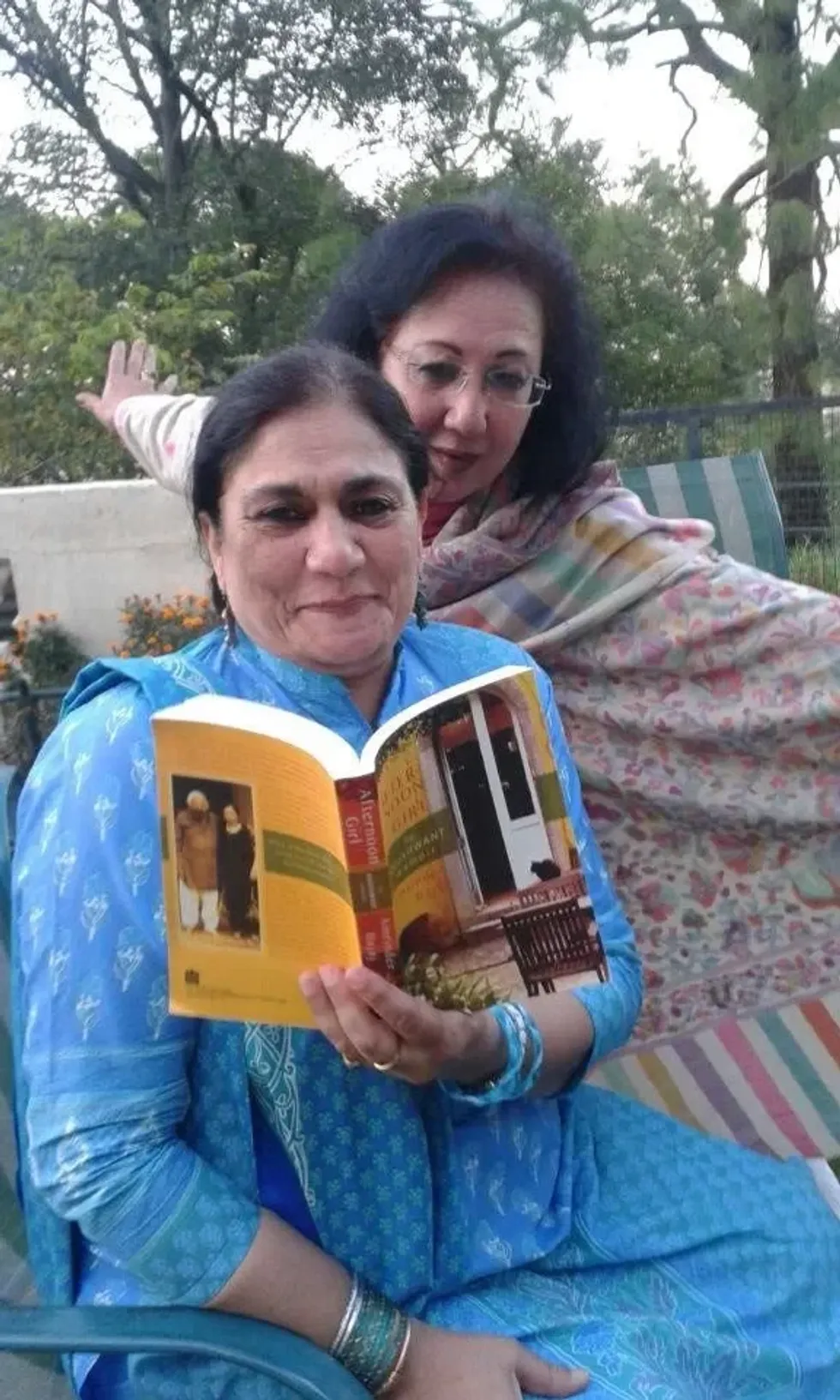
Relations between the two countries deteriorated, the visa regime on both sides tightened up, and people-to-people contacts dried up.
We were told we could no longer invite Pakistanis to Kasauli. A letter to the late Indian cabinet minister Sushma Swaraj, got no response.
But, let me add a note of hope. Fakir Aijazuddin, a long-time admirer of my father, who met him in his Delhi home only a few days before he passed away, asked if he could take back some of my father’s ashes to Pakistan. They were handed over to him when he attended the Kasauli KSLF. He took them to Hadali, and on the wall of the school where my father had once studied, he placed them behind a marble plaque. The plaque read: “A Sikh, a scholar, and a son of Hadali, Punjab. This is where my roots are. I have nourished them with tears of nostalgia.” At the ceremony of the installation of the plaque, Muhammad Hayat, former headmaster of the government high school, said, “The son has returned to his soil after 99 years.”
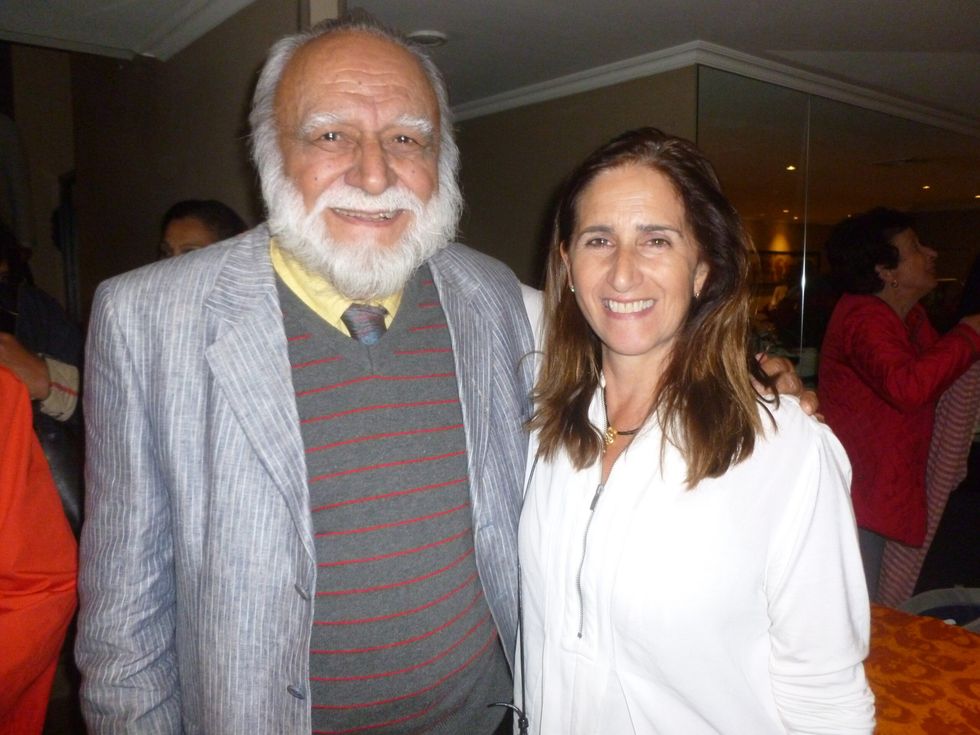
If not Kasauli, then why not the neutral venue of London, where we could also invite Pakistanis, and where my father had studied? Which is how King’s College, London, became the venue of the KSLF, five years ago (followed by SOAS, where it will take place on June 1 and 2 this year). And why only London? With some help from the British Arts Council, and Dr Yusuf Hamied (Yuku), an alumni of Christ’s College, Cambridge, and friend of Khushwant Singh, Christ’s College has also become a venue of the KSLF on June 5.
It’s been a long, arduous, sometimes frustrating, but eventually satisfying and rewarding journey for the KSLF. Getting diverse people, even antagonists, together, arguing and exchanging viewpoints, that is the way forward.
Rahul Singh, a graduate in history honours from King’s College, Cambridge, has been editor of the Reader’s Digest, Indian Express, and Khaleej Times. He lives in Mumbai, Delhi and Kasauli.
Eastern Eye is the media partner of KSLF, which will be held in the Brunei Gallery, SOAS, London on June 1-2, and at Christ’s College, Cambridge, on June 5. Speakers include Akshat Rathi, Ayesha Manazir Siddiqi, Corinne Fowler, Fakir Aijazuddin, Harinder Singh, Imtiaz Dharker, Keshava Guha, Louise Tillin, Lynne Jones, Marina Wheeler, Shirin Wheeler, Moin Mir, Nadia Kabir Barb, Noreen Masud, Paul Waters, Pinky Lilani, Rachel Dwyer, Robert Seatter, SY Quraishi, Lord Simon McDonald, Som Batabyal, Subhadra Das and Tahmima Anam. Register at https://kslitfestlondon.com















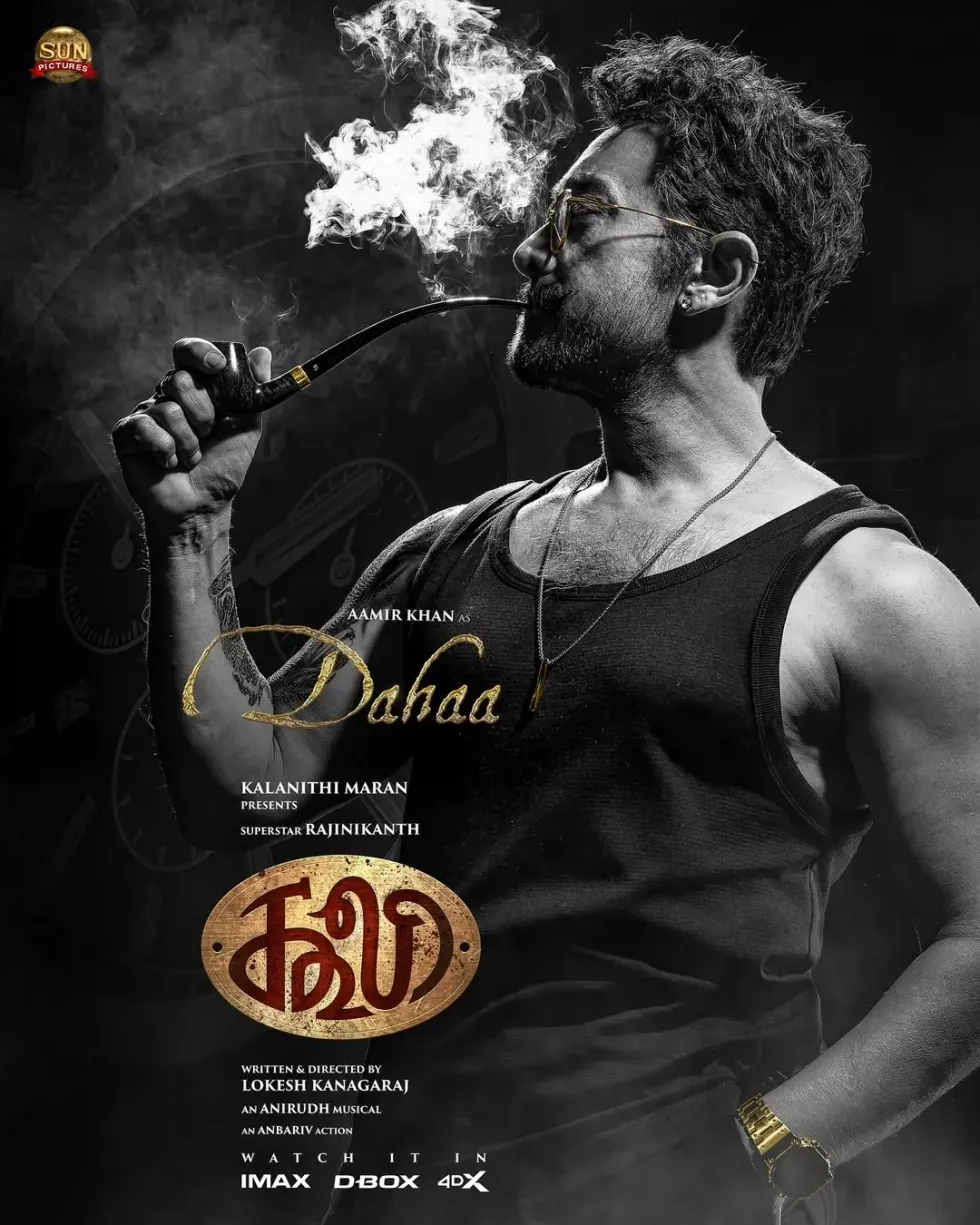 Aamir Khan sports a rugged look with pipe and vest in Coolie cameoInstagram/
Aamir Khan sports a rugged look with pipe and vest in Coolie cameoInstagram/

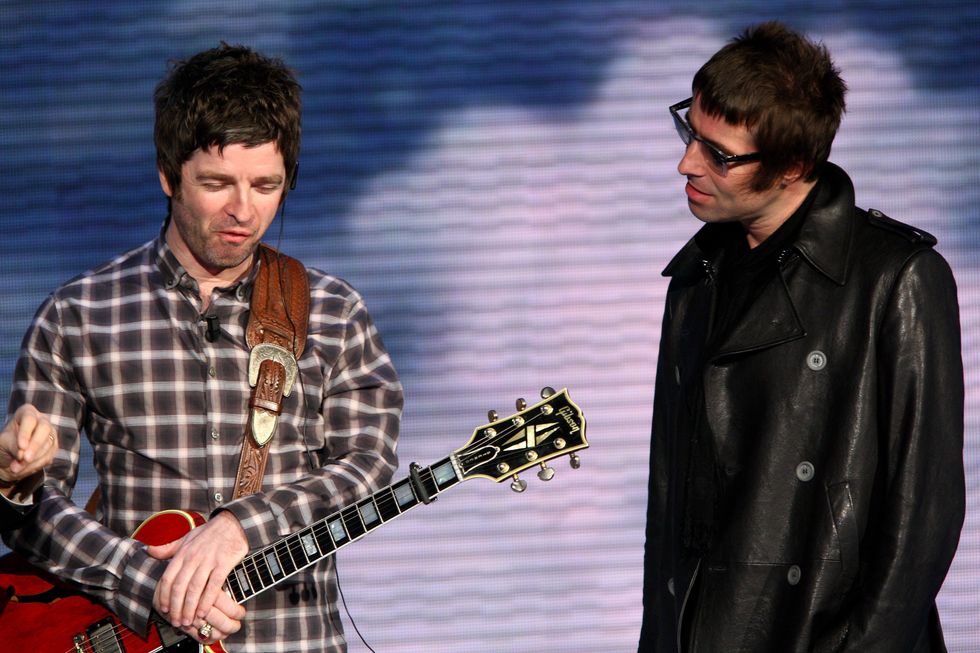 Noel Gallagher and Liam Gallagher at "Che Tempo Che Fa" Italian TV ShowGetty Images
Noel Gallagher and Liam Gallagher at "Che Tempo Che Fa" Italian TV ShowGetty Images 
 Heehs describes two principal approaches to biographyAMG
Heehs describes two principal approaches to biographyAMG